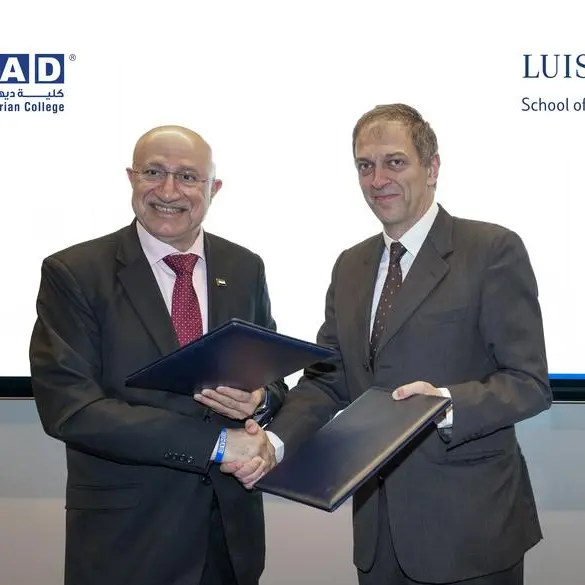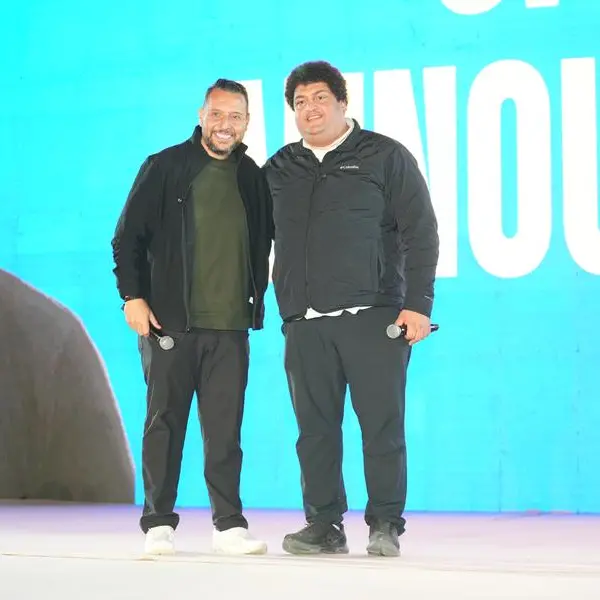Released on 24 September under the auspices of a High-Level Dialogue on Energy (HLDE) held on the sidelines of the 76th UN General Assembly, the report aims to support the implementation of recommendations by the HLDE on regulation and scaled private sector investment.
It addresses issues relating to the openness, attractiveness, and readiness of Africa’s regulatory environment for private sector scaled investment participation across the electricity value chain.
The HLDE calls for a robust private sector participation in energy infrastructure investment across the value chain by addressing uncertainties in policy and regulatory environments. In this regard, the HLDE endorses numerous recommendations, including the de-risking of projects and fixing regulatory barriers to ensure market openness, attractiveness, and readiness for private-sector finance.
It is against this backdrop that the Economic Commission for Africa (ECA), through its SDG7 Finance initiative pillar area on energy sector governance, jointly and in partnership with the RES4Africa Foundation through its Missing Links initiative, developed a methodology to support member States to undertake assessment of their electricity market regulation.
This is in line with the key recommendation of the HLDE under the thematic area of Finance and Investment. ECA and RES4Africa have engaged 17 African countries towards assessment of the regulatory environment to support improvements and reform.
In the remaining years of the Decade of Action, member States are urged to accelerate action to meet SDG7 goals and enable a just energy transition to a clean and sustainable energy future for all.
As African countries pursue greater openness, attractiveness and readiness of their electricity markets for greater investment, it is expected that this regulatory review methodology will offer useful guide in identifying areas of strength and regulatory gaps to be addressed towards a conducive environment for accelerated action to meet SDG7 goals.
In the global context of $1.9 trillion energy sector investments, of which emerging and developing countries attracted 1/5th of this investment, and even a fraction in Africa, it is crucial to address private sector investment participation barriers by addressing key regulatory challenges.
In the context of Africa - with 590 million people without access to electricity, 13 million more losing access in 2019-2020 due to the effects of COVID, 24 countries having access levels below 50%, and 31% of primary schools and comparable level of health facilities lacking access - accelerating private sector investment remains crucial.
The HLDE considered recommendations under key thematic areas of Energy Access, Energy Transition, Enabling SDGs through Inclusive and Just Energy Transition, Innovation, Technology and Data and on Finance and Investment.
The Dialogue was held under the theme “accelerating action to achieve SDG7 in support of the 2030 Agenda and the Paris Agreement,” and served as platform for Heads of State and government to launch compacts and actions for clean and affordable energy for all within the Decade of Action.
Distributed by APO Group on behalf of United Nations Economic Commission for Africa (ECA).
© Press Release 2021
Disclaimer: The contents of this press release was provided from an external third party provider. This website is not responsible for, and does not control, such external content. This content is provided on an “as is” and “as available” basis and has not been edited in any way. Neither this website nor our affiliates guarantee the accuracy of or endorse the views or opinions expressed in this press release.
The press release is provided for informational purposes only. The content does not provide tax, legal or investment advice or opinion regarding the suitability, value or profitability of any particular security, portfolio or investment strategy. Neither this website nor our affiliates shall be liable for any errors or inaccuracies in the content, or for any actions taken by you in reliance thereon. You expressly agree that your use of the information within this article is at your sole risk.
To the fullest extent permitted by applicable law, this website, its parent company, its subsidiaries, its affiliates and the respective shareholders, directors, officers, employees, agents, advertisers, content providers and licensors will not be liable (jointly or severally) to you for any direct, indirect, consequential, special, incidental, punitive or exemplary damages, including without limitation, lost profits, lost savings and lost revenues, whether in negligence, tort, contract or any other theory of liability, even if the parties have been advised of the possibility or could have foreseen any such damages.



















